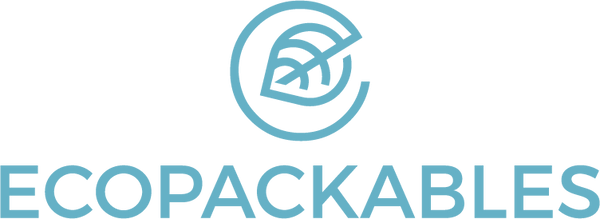Sustainability is a term that often evokes a myriad of interpretations and assumptions. Derived from the Latin word "sustinere," which means "to uphold" or "to support," its historical origins suggest a meaning deeply rooted in the idea of endurance and longevity. However, as per Merriam-Webster Dictionary, sustainability has evolved into a concept that encompasses more than mere support; it reflects the capacity to thrive over time while preserving the integrity of our planet and its resources. Sustainability, in its essence, is a multifaceted and constantly evolving concept that encompasses a variety of objectives, goals, and challenges. In this article, we'll delve into what sustainability truly means, emphasizing that there is no one-size-fits-all solution but rather a commitment to doing better today than yesterday.
No Perfect Solution, Just Progress
Sustainability is not about finding a perfect answer. Instead, it's about making continuous improvements in our practices and lifestyles. It's a recognition that we must minimize our negative impacts on the environment and society. The journey involves taking small, meaningful steps, which collectively contribute to significant change over time.
Diverse Sustainability Goals
Sustainability encompasses an array of goals, and there's no hierarchy among them. Each goal serves as a piece of the larger puzzle in building a greener and more sustainable world. It's essential that we all pick something to strive towards, and sometimes starting small is the most feasible approach. Every sustainability goal, whether it's reducing single-use plastics, achieving carbon neutrality, or using renewable resources, contributes to our collective effort. No one goal is better than the others; what truly matters is that we all do our part. Small changes, when multiplied across communities and nations, can yield significant and positive effects. When we work together, even the most ambitious sustainability objectives become attainable.
The Cost of Sustainable Packaging
While sustainable packaging aligns with our environmental goals, it often comes at a higher price than conventional, virgin materials. This added cost can be a barrier, but it's crucial to understand that sustainable packaging represents a long-term investment that supports environmental and social well-being. As the demand for sustainability grows, costs are likely to decrease over time.
The Role of Certifications
Certifications play a vital role in ensuring the sustainability of materials. They provide information on the origins of materials and their environmentally friendly disposal methods. Certifications act as valuable guides for both consumers and businesses, helping them make informed choices and reinforcing responsible sourcing and production practices. Some notable certifications you may encounter include: FSC, SFI, BPI, PEFC, EU Ecolabel and more.
Acknowledging Imperfections and Progress
Sustainable packaging, like any industry, has its flaws. Achieving meaningful change in the industry is a complex process with numerous interconnected components, requiring time and collective effort. Consumers play a significant role in demanding sustainable options, and as demand grows, it catalyzes innovation and improvements in compatibility with existing machinery. Acknowledging these challenges while remaining committed to progress is essential for advancing sustainability.
Sustainability is a dynamic and multifaceted journey, encompassing various goals and challenges. While it's true that there's no one perfect solution, our collective commitment to doing better and creating demand for sustainable practices is the driving force behind a greener, more responsible future. In a world with interconnected challenges, sustainability offers a path towards a brighter and more harmonious coexistence with our planet.

